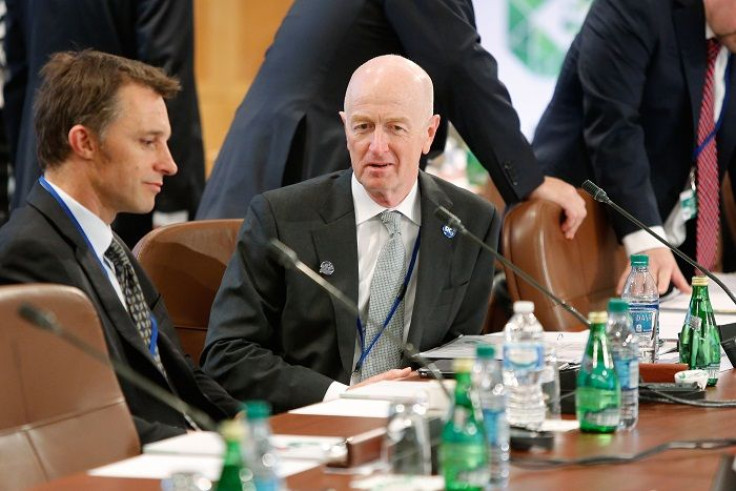APRA’s crack down on investor lending hits housing supply

The Australian Prudential Regulation Authority or APRA’s push to curb investor lending is manifesting as a fall in the number of housing approvals and a calibrated decline in overall lending.
The latest statistics released by the Reserve Bank of Australia showed that lending to investors has cooled off in August, even though growth levels remained a tad above the 10 percent annual cap mandated by the regulator.
Lending drops
According to the RBA report, investor lending grew 10.7 percent in August, which was down from the 10.8 percent growth of July. It is clear that despite the growth above the APRA limit, real growth has dropped for two straight months after the 11.1 percent peak in June, which had been increasing every month since December 2011.
While growth in investor lending is declining, there are signs of lenders struggling to meet their requirements. Among banks, HSBC became the second lender to take steps in restricting investor lending with the bank deciding to offer investment loans only to existing customers.
“We have put a number of measures in place to address the needs of our customers and adhere to our regulatory responsibilities," HSBC's Australian head of retail banking and wealth management Graham Heunis said.
In early 2015, AMP announced its temporary withdrawal from the investor loan market.
The data from Bureau of Statistics also showed that the number of homes approved for construction fell 6.9 percent in August, defying the forecasts of economists that there may be a 2 percent decline. The fall was led by an 11.4 percent slide in the apartment sector, which has seen skewed month-to-month approvals for large developments.
Victoria boom is over
It suggests the end of 'high rise' boom in Victoria and holding up in NSW, where non-high rise approvals are showing a surge.
In 2014, apartment approvals recorded a strong growth, up by 8.6 percent as on August 2014 levels. Westpac's Mathew Hassan said July had a strong 14.6 percent in house approvals, while August was looking like a payback for that, reported ABC News.
"There does appear to be an underlying downtrend emerging in this segment but the extreme choppiness – centred on high rise approvals – makes it unclear how rapid the decline is," the economist commented.
For feedback/comments, contact the writer at feedback@ibtimes.com.au or let us know what you think below.






